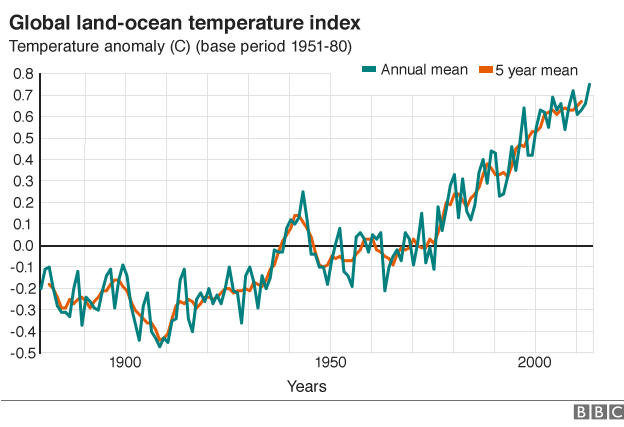UK Hydrogen Strategy
The government published its Hydrogen Strategy on 17 August 2021. BEIS has succumbed to lobbying from the oil and gas industry and proposes a "twin-track approach to supporting both electrolytic ‘green’ hydrogen and carbon-capture-enabled ‘blue’ hydrogen production" from fossil gas. However, as ‘blue’ hydrogen relies on carbon capture and storage which only captures 90% of CO2 emissions it is not compatible with Net Zero and also ignores the methane leaks which are inherent in gas production.
There is an urgent need to address the accelerating Climate Crisis which is caused by the steady increase in carbon emissions at a rate far higher than coal, oil and gas reserves were laid down over 70 million years in the carboniferous era.
Hydrogen gas does not exist on Earth in any concentrated volume. It is so light that whenever it does occur it soon escapes up into the upper atmosphere.
Could hydrogen help us decarbonise our energy needs for transport or heating?
Hydrogen is not an energy source, but it can be used as an energy vector. The question is: "Can manufactured hydrogen be used as a store of energy, or an energy vector, to help us decarbonise our energy needs for heating, transport or industrial processes"?
The high cost of manufactured hydrogen means that it will be too expensive to be used for domestic heating. There are simpler solutions that are already tried and tested and available now in the form of heat pumps which can transfer heat into buildings without burning anything.
For transport it is possible to use hydrogen powered fuel cells in vehicles to generate electricity and provide drive. However, battery electric vehicles provide a simpler and cheaper mechanism for transport. For aviation it will be difficult to find good alternatives to burning fossil fuels so there is a strong chance for hydrogen to play a key role here.
There are some industrial processes where very high temperatures are needed which cannot easily be satisfied by electricity. This is an area where green hydrogen could provide an effective and an economic solution.
The large and powerful oil and gas companies are facing the fundamental issue that the largest part of their income – which comes from selling oil and gas for combustion – needs to stop.
Their proposed solution is to convert their gas to hydrogen using the steam reformation process and sell the hydrogen instead.
They say that burning hydrogen is safe because when hydrogen is burnt it combines with oxygen to form water, without emitting any CO2. That sounds good, but there are many problems with this "solution":
- the steam reformation process is inefficient and the costs will have to be met by consumers
- the steam reformation process releases all the CO2 when hydrogen is manufactured from fossil gas
- although burning hydrogen in pure oxygen would only release water, it will be burnt in the air (which is 78% nitrogen) which yields six times more NO2 than burning fossil gas in the air. This is a significant health hazard.
Carbon Capture and Storage
The oil and gas companies argue that they could "capture" the CO2 released in the manufacture of hydrogen and pipe it back to the caverns in the North Sea which they extracted the fossil gas from. However, this process of "Carbon Capture and Storage" is theoretical. It has never been achieved at industrial scale and the costs are acknowledged to be large but not yet clearly quantified.
The oil and gas companies also argue that it would be good to "re-purpose" the gas grid and for them to supply hydrogen through the gas grid so that our homes could continue to use gas boilers to heat our homes and provide hot water in the same convenient way that fossil gas does now.
That sounds good, but there are many problems with this "solution":
- the existing fossil gas boilers would need to be adapted or repaced with boilers that could burn hydrogen
- hydrogen molecules are so small that they would tend to escape from joints in the steel piping in the existing gas grid which would need to be replaced with plastic piping
- the idea of supplementing the existing methane gas supply with hydrogen is problematic because of the difference in density and viscosity of methane and hydrogen
- Cadent, which owns the existing gas grid, has confirmed that it will be at least ten years before hydrogen could be distributed throughout its network
The Hydrogen Distraction
So although the oil companies are desperate to continue to sell their gas – in modified form – this route to Net-Zero is long, expensive and uncertain and is still based on combustion. However, there is a major advantage to the oil companies of talking about the potential benefits of hydrogen because this introduces doubt and confusion and the indecision prolongs the time they can sell more gas: "The Hydrogen Distraction".
There is a well-proven safe alternative for zero carbon heating which is available now
Heat pumps are able to provide zero carbon heating safely and very efficiently. They do not employ combustion. Heat pumps use electricity to transfer three to four kWhs of heat into a home for the cost of 1 kWh of electricity.
Why are heat pumps not being adoped in the UK?
Because the government imposes outdated "social and environmental levies" on electricity – ten times more than on gas.
See Ground Source Heating See Ground Source Cooling See Ground Source Energy

